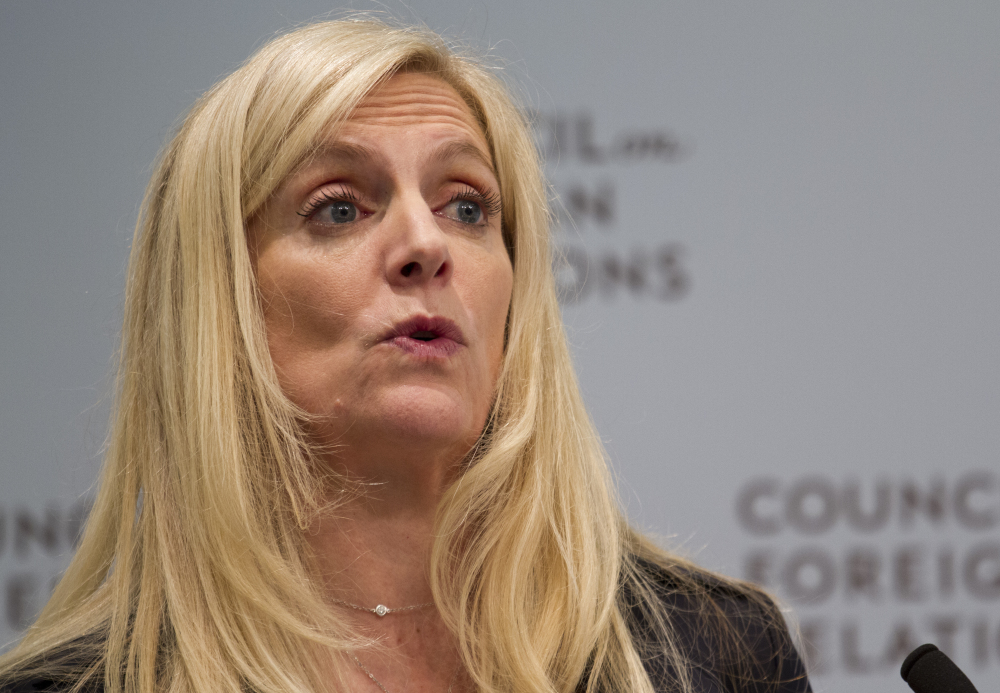WASHINGTON — An ally of Federal Reserve Chair Janet Yellen who has been a longtime skeptic of raising interest rates signaled Friday that the Fed should be in no hurry to act, especially after a bleak U.S. jobs report was released earlier in the day.
Fed board member Lael Brainard said that other recent economic developments have also muddied the picture of the U.S. economy. And she pointed to additional risks, including possible market turmoil if Britain votes later this month to leave the European Union.
Speaking to the Council on Foreign Relations, Brainard said she thought there was still “an advantage to waiting until developments provide greater confidence” before raising rates. The Fed next meets June 14-15.
Brainard’s remarks Friday could be a preview of a speech Yellen will give Monday outlining her own views on the economy and rates.
Speaking at Harvard a week ago, Yellen said she believed an interest rate hike would be appropriate in coming months if the economy kept improving. She said in response to a question that she expected the Fed to gradually raise its key rate, “and probably in the coming months, such a move would be appropriate.”
But Yellen did not specify a date for a Fed move. The Fed’s next three meetings will occur later this month, on July 26-27 and September 20-21.
Market expectations for a June move dropped sharply Friday after the government reported that U.S. employers added just 38,000 jobs in May, the fewest in more than five years.
Brainard took note of the weak jobs report, saying it suggested that the labor market has slowed and was among a string of mixed readings on the economy. She said growth in broad measures of wages remains low. And she said that inflation, excluding volatile energy and food, has yet to “convincingly exceed the low levels that have prevailed over much of the recovery.”
The Fed has linked further rate hikes to higher confidence that inflation is moving toward the central bank’s 2 percent target. The Fed’s preferred inflation gauge has remained below that target for the past four years.
The Fed boosted its benchmark rate by a quarter-point in December, the first change after seven years of leaving the rate at a record low near zero. It has left rates unchanged so far this year.
Send questions/comments to the editors.



Success. Please wait for the page to reload. If the page does not reload within 5 seconds, please refresh the page.
Enter your email and password to access comments.
Hi, to comment on stories you must . This profile is in addition to your subscription and website login.
Already have a commenting profile? .
Invalid username/password.
Please check your email to confirm and complete your registration.
Only subscribers are eligible to post comments. Please subscribe or login first for digital access. Here’s why.
Use the form below to reset your password. When you've submitted your account email, we will send an email with a reset code.